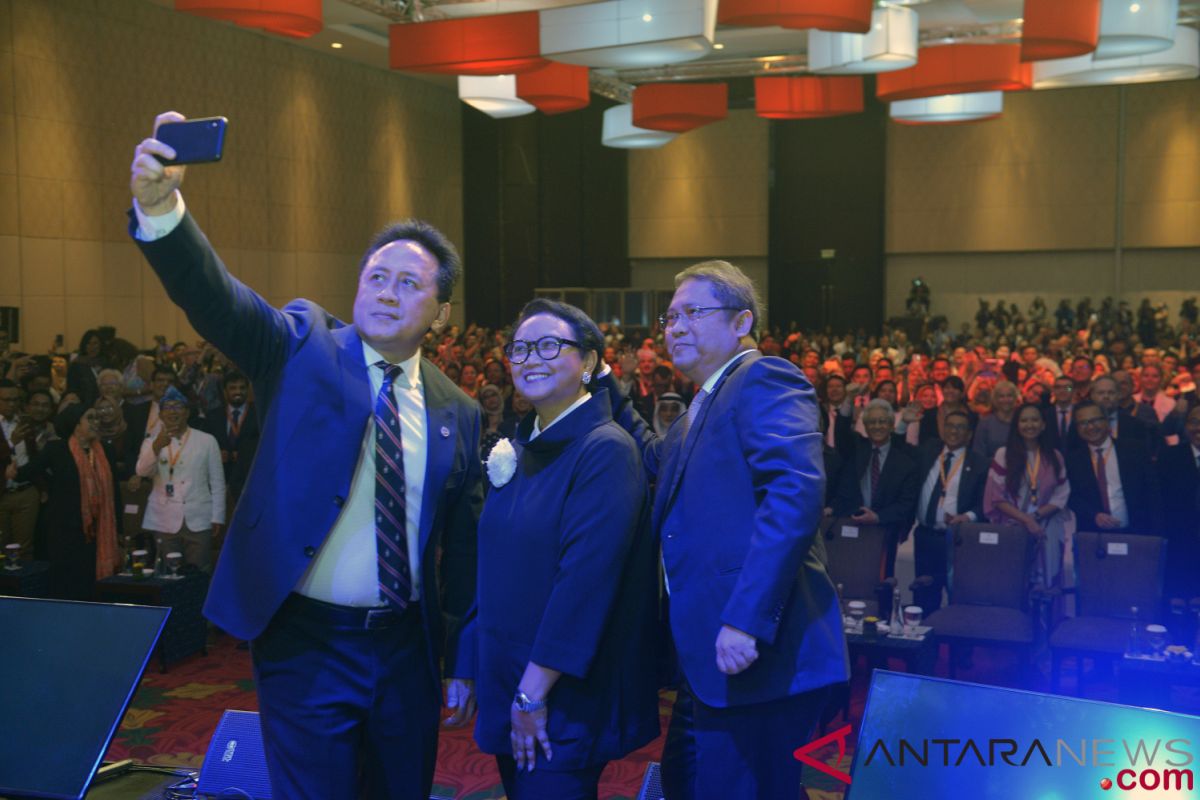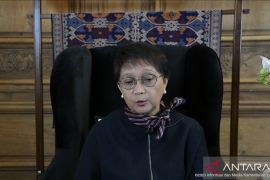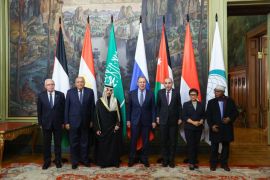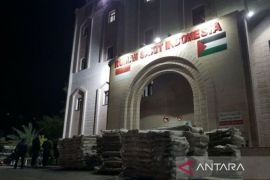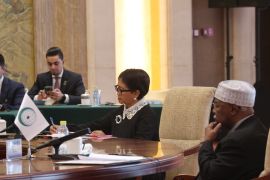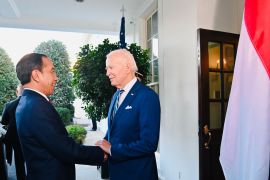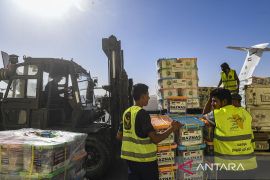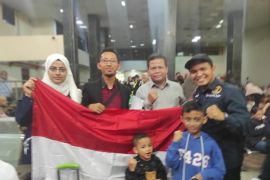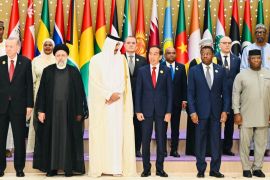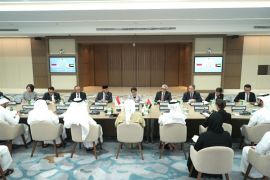"As a foreign minister, there are three main priorities that I always remember. First collaboration; second, collaboration; and third, collaboration. Hence, today, we are not here to define or fight for a creative economy, but to share ideas to nurture the development of the global creative economy," Marsudi remarked here on Wednesday.
The minister noted that welfare is for all in an effort to develop a creative economy that must apply the principle, so that no one is left behind.
Marsudi emphasized that creative economy must not only be exclusive for those who have qualified facilities but must also open opportunities for all.
"Several examples of inclusiveness in the creative economy are the music industry, which has become the main driver of employment, exports, and tax revenues, among other things," she stated.
In addition, she pointed out that the publishing industry made education more accessible through the availability of textbooks in traditional and digital forms.
According to Marsudi, with the vast technological developments nowadays, the creative economy globally can be truly inclusive and can be accessed by everyone anywhere in the world.
The foreign affairs minister noted that all countries must continue to combine the power of logic, the beauty of imagination, and the magic of technology, including digital technology, in one basket called innovation.
"Hence, our job is to strengthen partnerships for innovation," Marsudi concluded.
Reporting by Sella Panduarsa Gareta
Editing by Otniel Tamindael
Reporter: Antara
Editor: Yosep Hariyadi
Copyright © ANTARA 2018
